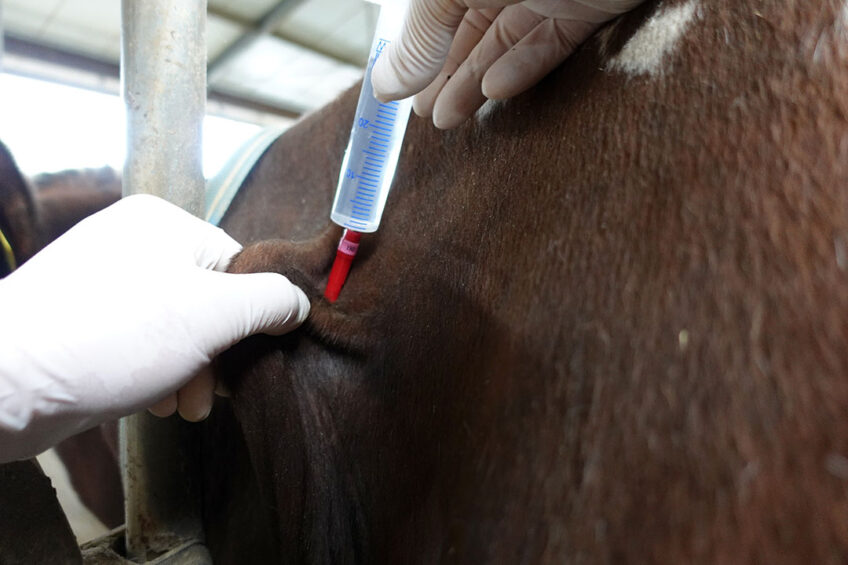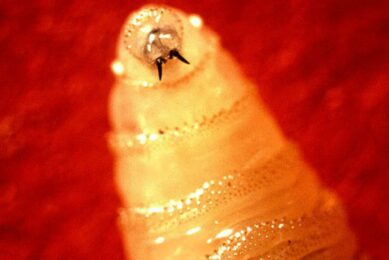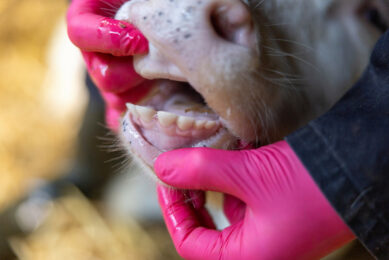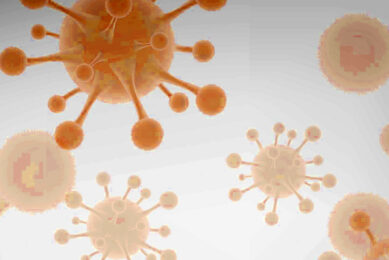Dairy farmers in England to be paid for vet visits

Eligible dairy farmers are to receive £372 (€442) from the government for an annual veterinary visit in a bid to improve health and welfare across the English livestock sector.
Farmers can only take advantage of the payment if they are eligible for the Basic Payment Scheme in England. They will be able to negotiate rates with their chosen vets.
Environment Secretary, George Eustice, said funding for the visits, which will last between 2 and 3 hours, will start in March. Other sectors will receive higher levels of support (£684 for pigs, £436 for sheep and £522 for beef cattle) and the payments are set to be extended to other sectors, including goats in the future.
Producers will receive a report from their vet, who will look at the health and welfare of the farm’s animals including responsible use of medicines and biosecurity arrangements.
Improving dairy farm welfare, shortage of vets
Eustice said: “Too often farmers only call a vet when there is a crisis, but with an annual vet visits to develop better animal health plans, they will see both animal welfare and their farm profitability improve.”
However, there are concerns that Brexit and the Covid-19 pandemic may lead to an ongoing shortage of vets, which could have wide-ranging consequences. The British Veterinary Association (BVA) has warned of a ‘storm of shortages’ in the profession after the number of new EU registrants coming to work in the UK fell by 2-thirds in 2 years.
Data from the Royal College of Veterinary Surgeons (RCVS) suggests that the total has fallen from 1,132 in 2019 to just 362 in 2021. It warned the decline could result in wide-ranging direct and knock-on impacts, especially when aligned with a big increase in the demand for veterinary certificates as part of the UK’s new trading arrangements.
James Russell, BVA senior vice president, said the potential consequences were worrying: “If we can’t find long-term solutions, we will see impacts on animal welfare, public health and international trade.”
Russell said measures such as more vet school places and better digitisation of the certification process would help to relieve some pressures in the longer-term, but that it was an uphill struggle.
The new vet payments are part of further Animal Health and Welfare Pathway reforms set out in the Department of Environment, Food and Rural Affairs’ (Defra) Agricultural Transition Plan paper.
Among the cattle priorities highlighted are:
- Tackle bovine viral diarrhoea, which costs the industry £14-36 million per year and raises greenhouse gas emissions from cattle.
- Reduce lameness and mastitis to improve health and welfare, increase productivity and decrease the environmental impacts of farming.
- Upgrade housing: many farm buildings are not optimally designed for cattle, especially calves. This will focus on improvements in cow ventilation, loafing areas, cow comfort and enrichments such as scratching brushes.
- Improve the welfare of cattle at pastures through improvements in shelter, drainage, gateways and tracks.
- Improve pain management during disbudding, dehorning and castration through greater adoption of prolonged analgesia to improve the welfare and performance of calves.
The Pathway is set to launch later this spring.
Join 13,000+ subscribers
Subscribe to our newsletter to stay updated about all the need-to-know content in the dairy sector, two times a week.










